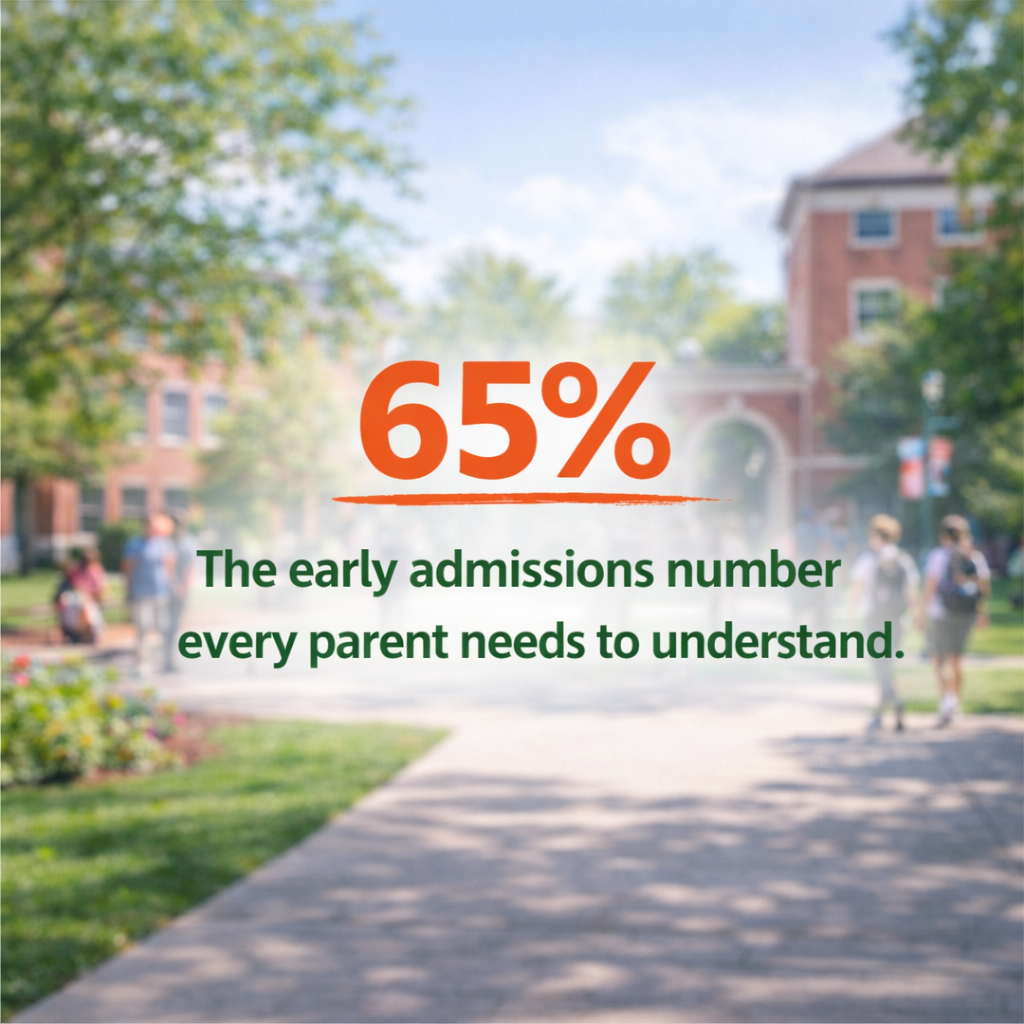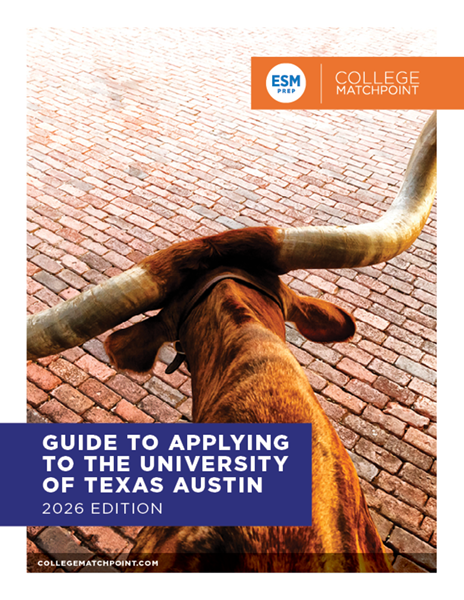This page is licensed under Creative Commons under Attribution 4.0 International. Anyone can share content from this page, with attribution and link to College MatchPoint requested.
We have a unique approach at College MatchPoint. It all begins and ends with our ultimate goal: for our students to thrive in their selected college.
The college application process can feel overwhelming, no matter how strong the student. But at College MatchPoint, we believe it should be organized, personal, and even fun, and we provide a framework that reduces the stress throughout the journey.
DOWNLOAD OUR GUIDE TO
Applying to the University of Texas at Austin
It's hard to believe that a school as large as the University of Texas at Austin actually reviews every part of every student's application. But it does: UT is deeply committed to the holistic review of its applicants. This guide covers all required essays, as well as provides detailed information on the expanded resume, letters of recommendation, and evaluating fit-to-major and honors programs.
You might also be interested in these resources!









